Vegan Globetrotter is supported by our audience. When you purchase through one of our links, we may earn a small affiliate commission. As an Amazon Associate I earn from qualifying purchases. Your cost is not affected.
==================
Picture this: You’ve heard about the vegan diet, and you’re curious. You may wonder, “Is it a healthy way of eating, or just another fad?” Well, you’re not alone in pondering this question. The world of nutrition can sometimes feel like a maze of mixed messages, and the vegan diet is no exception. Some people may picture vegans as super-healthy tree-huggers, while others might envision them surviving solely on lettuce and tofu.
But here’s the scoop: the vegan diet is far more diverse and intriguing than any stereotype can capture. It’s a plant-powered way of living that offers a treasure trove of health benefits. However, it’s also possible to be a not-so-healthy vegan if you don’t tread carefully. So, in this journey through veganism, we will explore what makes a vegan diet healthy and where it can sometimes go awry.
We’ll debunk myths, unravel truths, and, most importantly, lean on the ever-reliable guidance of science to navigate this plant-based adventure. So, if you’re ready to dive into vegan nutrition and uncover the secrets of a nourishing vegan lifestyle, let’s get started!
Vegan Diet Healthy For Many
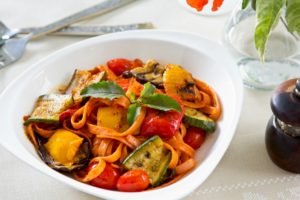
Is the vegan diet healthy? Let’s set the record straight about veganism. While it might conjure up all sorts of images and stereotypes, the truth is that a plant-based diet is packed with health perks. But here’s the kicker: it can go south if you don’t keep things in balance.
Healthy vegans? They’re like the wizards of mindful eating. They craft their meals to be a nutrient bonanza, making sure they get all the good stuff. And here’s a pro tip: don’t stick to just one kind of food, like an all-steamed veggie diet. That’s the express lane to nutrient deficiencies.
But wait, there’s more! Some seemingly innocent ingredients can throw you for a loop. Take sugar, for instance. You’d think it’s vegan. Well, only sometimes. Bone char in the sugar-making process can sneak its way in. And speaking of sugar, even plant-based, it can be a bit of a health troublemaker.
Now, soy is the rock star of plant-based protein. But don’t be fooled – not all soy is created equal. Overly processed or non-organic soy may have its downsides.
So, to keep your vegan game strong, focus on that nutrient balance, stay in the know about ingredients, and choose your plant-based options like a champ. It’s all about being savvy and enjoying the vegan goodness!
Vegan Diet Healthy: Unveiling the Science Behind its Wellness Benefits
Recent studies have shed light on the compelling evidence supporting the health benefits of a plant-based diet. These research findings underscore the positive impact of veganism on various aspects of well-being.
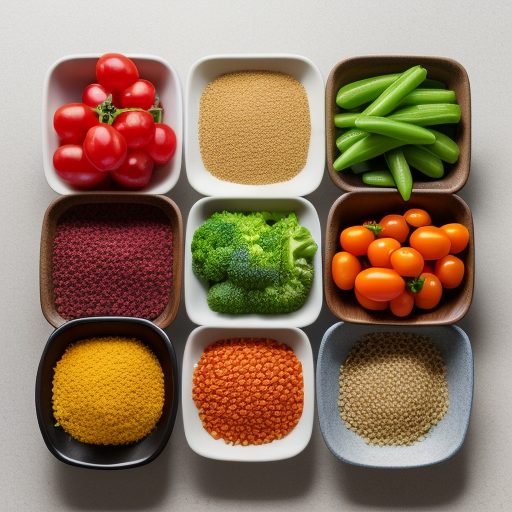
A study reviews multiple studies showing vegan diets are associated with lower BMI and rates of obesity, diabetes, heart disease, high blood pressure, and mortality. Plant-based diets are high in fruits, vegetables, whole grains, beans, nuts, and seeds but low in animal products. They have been found to promote weight loss, improve blood sugar control in people with diabetes, lower cholesterol levels, and reduce the risk of heart disease and mortality. Key reasons cited are the high fiber, antioxidant, and nutrient content of plant foods and the avoidance of saturated fat and cholesterol from animal foods. However, care should be taken to ensure adequate intake of essential nutrients like protein, iron, calcium, vitamin B12, and omega-3 fats. Overall, the research suggests that well-planned vegan diets can be nutritionally sound and promote good health.
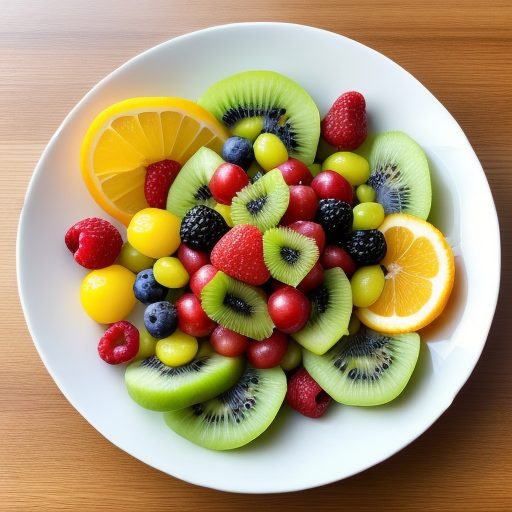
Another write-up reminds us that the health effects of diet can be complex. While plant-based diets have demonstrated benefits, they may have some risks we still need to understand fully. Hence, well-planned vegetarian and vegan diets do appear healthier overall based on the totality of evidence, but we need more research to provide nuanced guidance. Moderation and variety within plant-based eating is a sound approach.
Vegan Diet Healthy: Nutrient Essentials for Vegans
Now, here’s the scoop for all you awesome vegans out there. While keeping your vegan diet balanced is critical, there are some nutrients you need to give a little extra love.
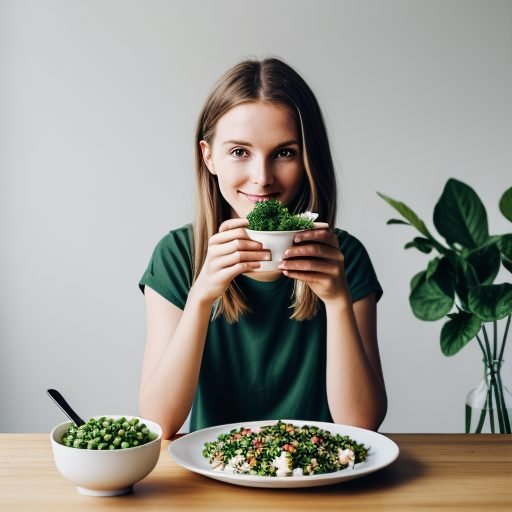
First up, the superstar: vitamin B12. This little gem is mainly found in animal products, and it’s a big deal for nerve function and those red blood cells of yours. But don’t fret; you can get your B12 fix from fortified foods, supplements, or B12-fortified plant milk. It’s all about meeting those daily requirements.
Then, there’s iron. Plant-based iron, often called non-heme iron, plays a different game than the heme iron from animal sources. To keep your iron levels in check, load up on iron-rich foods like beans, lentils, and fortified cereals, and remember the vitamin C-rich buddies to help your body absorb it all.
For strong bones, calcium is the name of the game. Now, since dairy isn’t on your menu, you can turn to fortified plant milk, leafy greens, and fortified tofu. And don’t leave out Omega-3 fatty acids; they’re like the superheroes of heart and brain health. Grab them from flaxseeds, chia seeds, and walnuts, or give algae-based supplements a whirl. Keep your eye on these nutrients, and you’ll be rockin’ that plant-based lifestyle in no time.
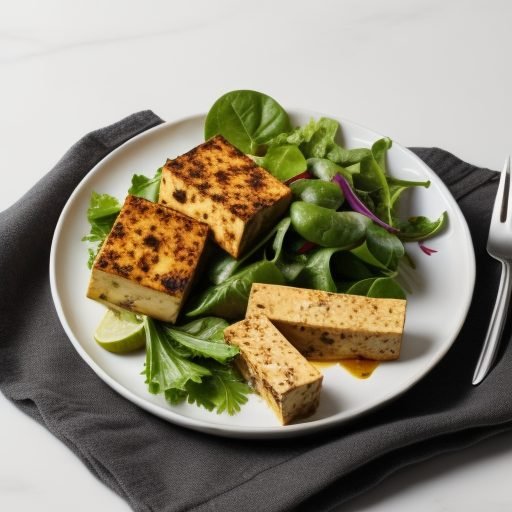
Portion Sizes and Meal Planning: The Heart of a Balanced Vegan Diet
Alright, let’s dive into the nitty-gritty of keeping your vegan diet on the healthy track. Portion sizes and meal planning are the secret sauce that makes it all work.
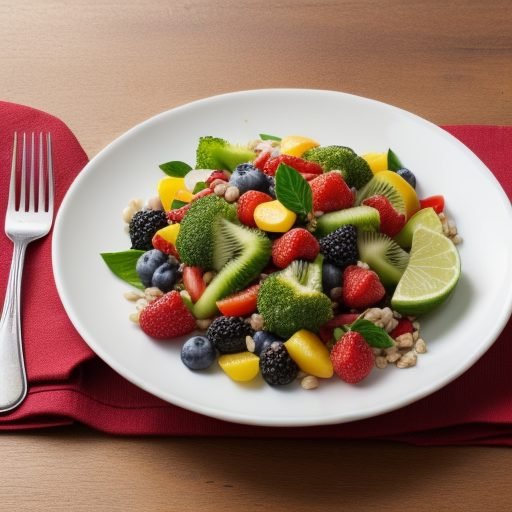
First up, portion sizes – they matter, even in the world of plant-based goodness. Using smaller plates and bowls can help you keep your portions in check. It’s a nifty little trick because, well, studies show that bigger dishes often lead to bigger servings, and that’s a slippery slope to overeating. Plus, when it comes to those calorie-dense foods like nuts, seeds, and oils, a little bit can go a long way. They’re good, but too much can tip the calorie scales.
Video Credit: @DoctorMike
Now, onto meal planning. It’s your map for a day full of tasty, nutrient-packed adventures. Fill your plate with a rainbow of fruits and veggies, each color bringing its vitamins and antioxidants. Whole grains like quinoa and brown rice provide the energy you need to conquer your day. And, of course, there’s the protein – legumes, tofu, tempeh, and seitan are your trusty sidekicks. For healthy fats, think avocados, nuts, and seeds.
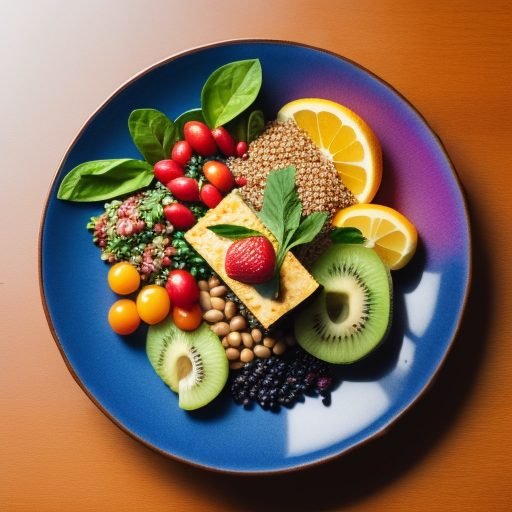
And remember snacks! Nibbling on nuts, dried fruits, and raw veggies keeps the energy flowing.
But, if all of this sounds overwhelming, consider talking to a dietitian who’s savvy with vegan diets. They can give you a personalized roadmap to vegan success. So, keep your portion sizes in check, plan your meals wisely, and remember, it’s all about making this vegan journey a breeze!
Vegan Diet Healthy: Embracing a Wholesome Lifestyle
In exploring the vegan diet, we’ve discovered a diverse and healthful way of living. Science supports the positive impact of plant-based eating, showing lower risks of obesity, heart disease, and diabetes. But it’s not just about going vegan; it’s about going vegan, right? Remember, balance is critical. Nutrient-rich foods and mindful portion control lead to a vibrant, plant-powered life. From vitamin B12 to iron, calcium to omega-3s, the vegan essentials are within reach.
So, whether you’re a seasoned vegan or just starting your journey, a well-planned vegan lifestyle can offer many benefits. It’s more than a diet; it’s a pathway to vitality and wellness.
Take the first step today: Embrace the vegan lifestyle with a balanced and informed approach. Consult a dietitian if needed and start your journey toward a healthier, plant-powered you. Your body and the planet will thank you.
Frequently Asked Questions
Is it possible to get enough protein on a vegan diet?
Absolutely! Vegan diets can provide sufficient protein through sources like legumes, tofu, tempeh, and seitan. Nuts, seeds, and even whole grains contribute to your protein intake. Just ensure you have a varied diet to meet your protein needs.
How can I ensure I'm getting essential nutrients like B12 on a vegan diet?
Vitamin B12 is predominantly found in animal products, but you can easily get it from fortified foods, supplements, or B12-fortified plant milk. Regularly check your intake to meet daily requirements.
What about calcium for bone health? Can I get enough without dairy?
Yes, you can. Dairy-free calcium sources include fortified plant milk, leafy greens like kale and collard greens, and fortified tofu. Ensure you include these in your diet for strong and healthy bones.
Come on a Vegan Journey with Us!
Ready to explore the vibrant world of vegan living? We’ve got an exciting invitation for you! Join our thriving vegan community on these platforms:
- 🌱 Facebook: Dive into lively discussions, mouthwatering recipes, and connect with fellow vegans.
- 📸 Instagram: Scroll through our visual feast of vegan dishes and travel adventures.
- 📌 Pinterest: Discover inspiring pins for plant-based living and cooking.
- 🐦 Twitter: Stay updated with the latest vegan trends, news, and tips.
Expect engaging content, honest product reviews, and a warm, passionate community who share your love for vegan living. Don’t miss out – connect with us today!




Don't miss out
when new recipes and information are added!
Join our newsletter for free recipes,
healthy living inspiration, and special offers
You have Successfully Subscribed!